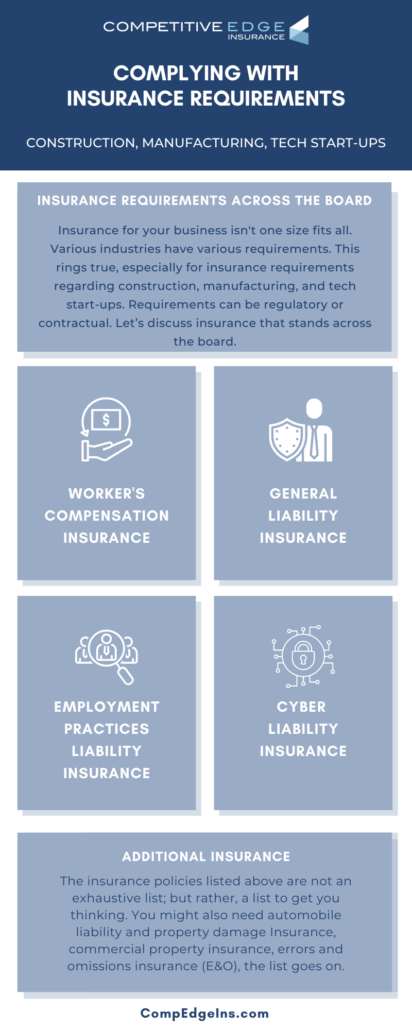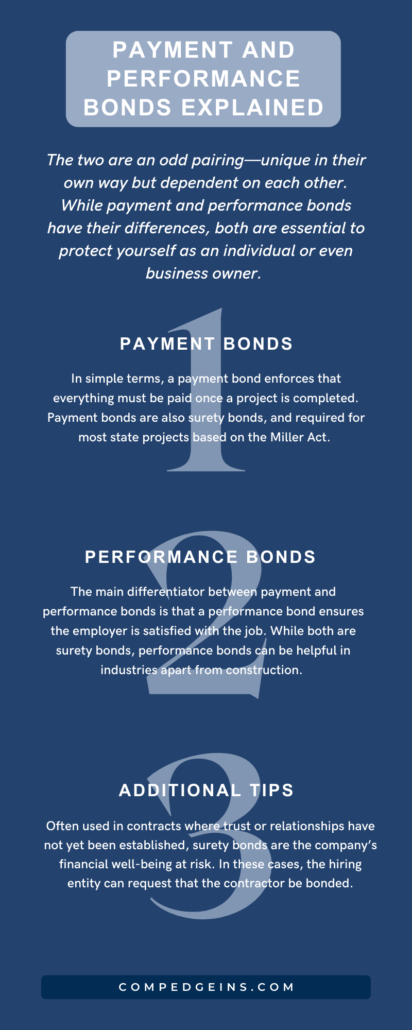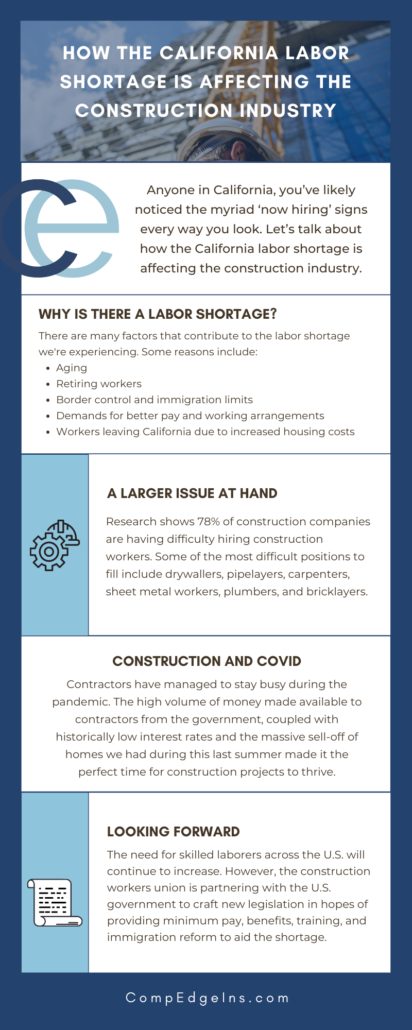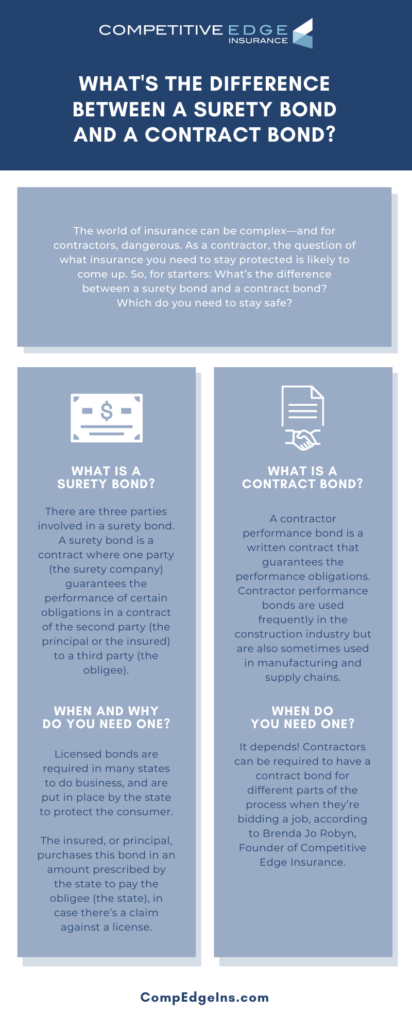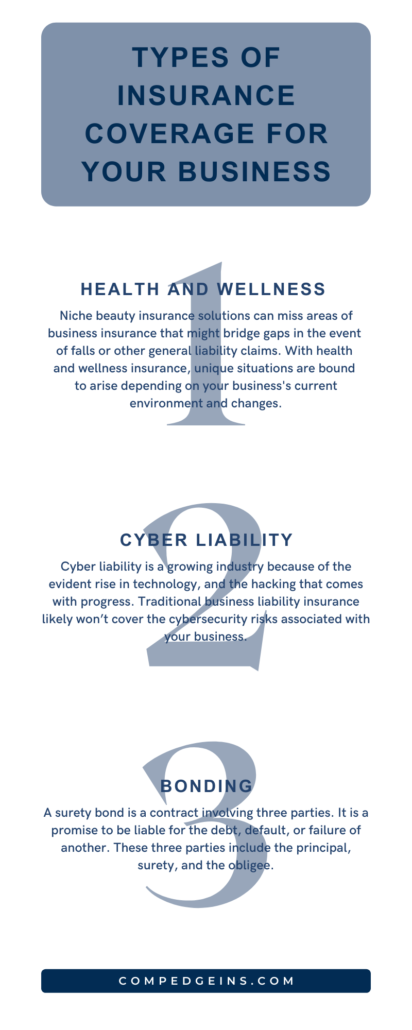EPLI: Does Your Construction Business Need It?
In the world of insurance, there are so many acronyms to keep track of. Today, let’s chat about Employment Practices Liability Insurance (EPLI).
More specifically, we’re going to cover the industries that need EPLI as well as answer the question, does your construction business need it? If so, why?
WHAT IS EPLI?
Employment Practices Liability Insurance, or EPLI, is insurance that “provides coverage to employers against claims made by employees.”
WHAT DOES EPLI COVERAGE COVER?
Employment Practices Liability Insurance policies typically extend coverage to the following:
- Wrongful Termination
- Sexual Harassment
- Wage-Related Claims
- Claims of Unequal or Unfair Pay
- Discrimination Claims (i.e. age, race, gender, sexual orientation)
- Third-Party Claims
According to Amtrust Financial, the below are also common employer missteps that may be covered:
- Failure to Hire or Promote
- Libel, Slander, Defamation of Character, or Invasion of Privacy
- Wrongful Infliction of Emotional Distress
- Wrongful Discipline or Demotion
WHY IS EPLI IMPORTANT?
According to Advisen, only 32% of all construction firms with 50 to 200 employees and 20% of all firms with fewer than 50 employees have stand-alone EPLI coverage.
This statistic is low and frightening as the costs associated with EPLI claims can be shocking.
EPLI claims can be detrimental to businesses of all sizes and types. EPLI helps protect against many kinds of employee lawsuits, which is why it’s important for businesses to invest in coverage.
WHAT INDUSTRIES NEED EPLI?
The fact of the matter is that some industries are more susceptible to these types of claims than others. These industries include:
- Healthcare
- Professional services
- Restaurant and food services
- Retail, and
- Manufacturing
An additional industry that should consider EPLI is construction. Continue reading to find out why.
DOES YOUR CONSTRUCTION BUSINESS NEED EPLI?
The answer is most likely ‘yes.’
The construction industry is known for its rapid growth and often accompanying layoffs, which can lead to a particular job being eliminated or terminated.
Additionally, due to the fluctuating nature of contract work, contractors may find themselves vulnerable to wrongful termination and potential discrimination claims.
Employees also often introduce post-employment wage and hour claims, which stem from improper overtime and breaks.
Lastly, when contractors work, they often come into contact with the public which can lead to remarks or actions that other people find objectionable. It is difficult for employers to prove these allegations due to not being present for the incidents in question.
HOW TO MINIMIZE EPLI CLAIMS AS AN EMPLOYER
So, how can an employer minimize expensive EPLI claims against their construction business?
Most importantly, study and adhere to the guidelines established by the Equal Employment Opportunity Commission (EEOC). Some of these guidelines include:
- Clearly define employment practices and policies
- Schedule training workshops
- Keep your eye on your workplace
- Let your workforce know employment practices violations will not be tolerated
- Maintain an “open door” policy
A Final Word
EPLI is important for any business, but it’s especially important for construction companies. If you’re in the construction industry, make sure you have the right EPLI policy in place to protect your business from employment-related lawsuits.
As discussed above, hiring employees carries inherent risks. Because of this, we’ve put together a few tips on how to reduce your risk when hiring, in California specifically.

